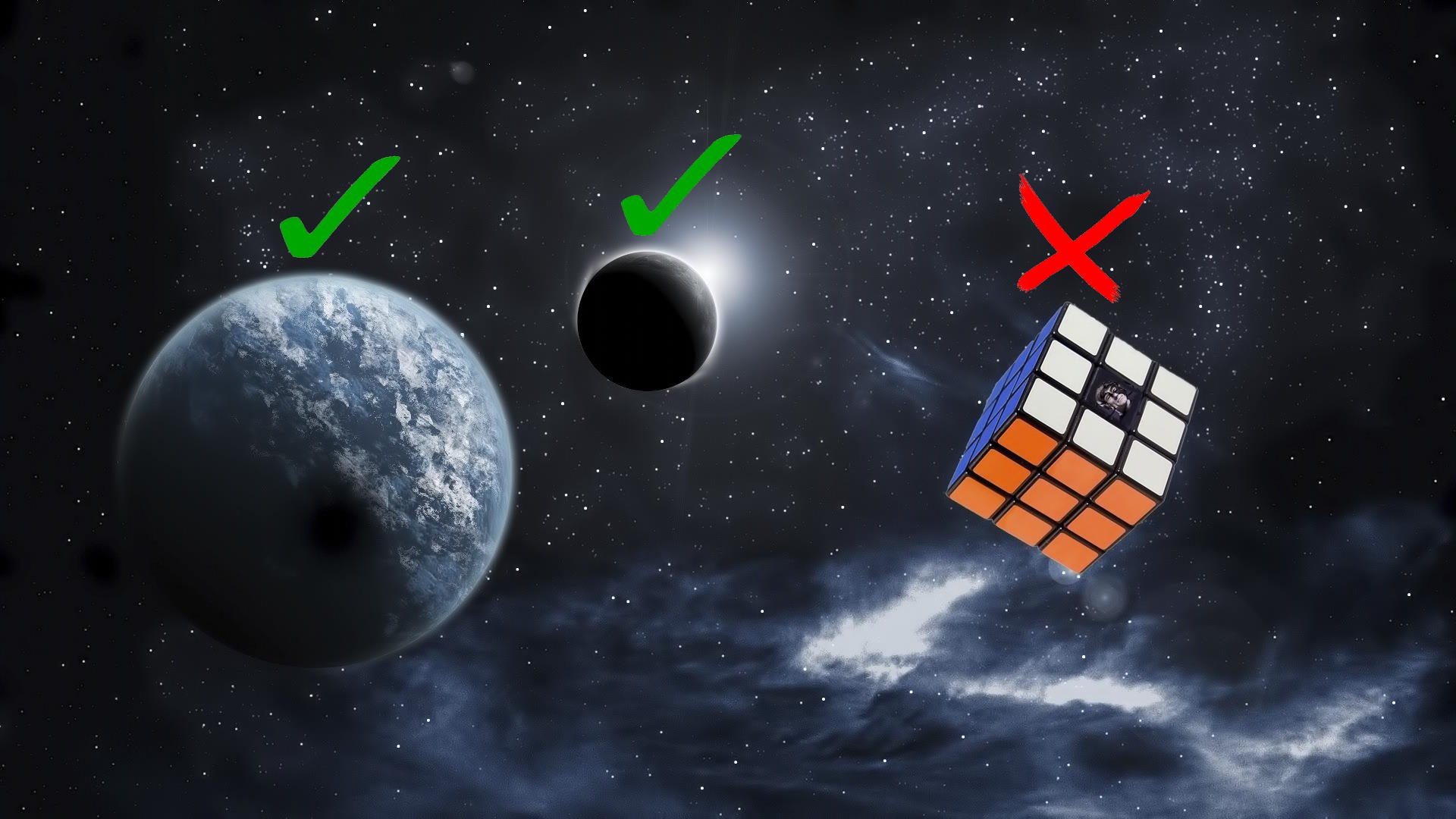Renewing a spiritual connection with nature is a must not only for average Americans, but also for green activists locked in offices.
Question: Does nature hold spiritual value for you?
Alex Matthiessen: It does, you know, I was not raised in a religious household, so I’m not part of any, you know, organized or formal religion and so for me for a long time since I was a kid being in nature has been, you know, my source of inspiration and my connectedness to the world and I find being in nature, you know, an intensely spiritual experience and I just wish I could spend more time at it. I mean the irony, of course, for a lot of us environmentalists is that this work is so all consuming and so challenging that you end up working very, very long hours and don’t get as much of a chance to get out in nature as you like but it’s critically important and one of the things I would say to kinda average Americans in addition to supporting groups like ours, in addition to getting much more politically and civically engaged than we’ve traditionally been in the past is to get your kids out in nature and to give them the chance to make that connection with nature and with wildlife and to develop a real deep appreciation for nature and for the species that we share this planet with, and also for all the benefits that the natural world gives us in terms of our ability to live life on this planet and, you know, then the other thing I’d say too is that part of what motivates this work is that, you know, to be honest, is an emotional one.
I have an enormous amount of anger and then frustration that we humans, you know, as talented and beautiful as we are as a species and the things that we’ve created in terms of the arts and music and even political systems and figure out a way to kind of live among one another for the most part successfully that we are also capable of such destruction and such greedy behavior and that we don’t have more of a moral imperative to not just protect ourselves but protect the other species and natural systems that we share this planet with. I find it disgraceful in a certain way and this is what worries me about America in particular because we have been seen as a model democracy to a certain extent, although I think that’s less true now, I don’t think our democracy is quite as—doesn’t meet quite the high standards that I think that our founders had in mind these days. But we really have been seen as generally a role model for the rest of world in the way we conduct our lives, in the way we run our economy and in particular the way we consume things and I think that’s very frightening and even though our role has been diminished and our standing has been diminished in the last 7 or 8 years worldwide, I think we still have a big influence and thus a great opportunity to do things differently here and just say “Okay, yeah, we did it, we did it this way for a long time, we were very rapacious and consumptive for a long time and we’ve realized that that’s not the way to go and we’re gonna go off in a new direction and we wanna encourage you guys to do the same thing” meaning all the other countries and of course we have an obligation to help them do that because part of the reason that we’re in the mess we’re in is because of all the pollution and the problems we’ve created over a long, long time. I think we do have a moral and an economic and financial obligation to help assist some of these other countries that are trying to grow economically and to improve their quality of life and so on to help them make that transition.





